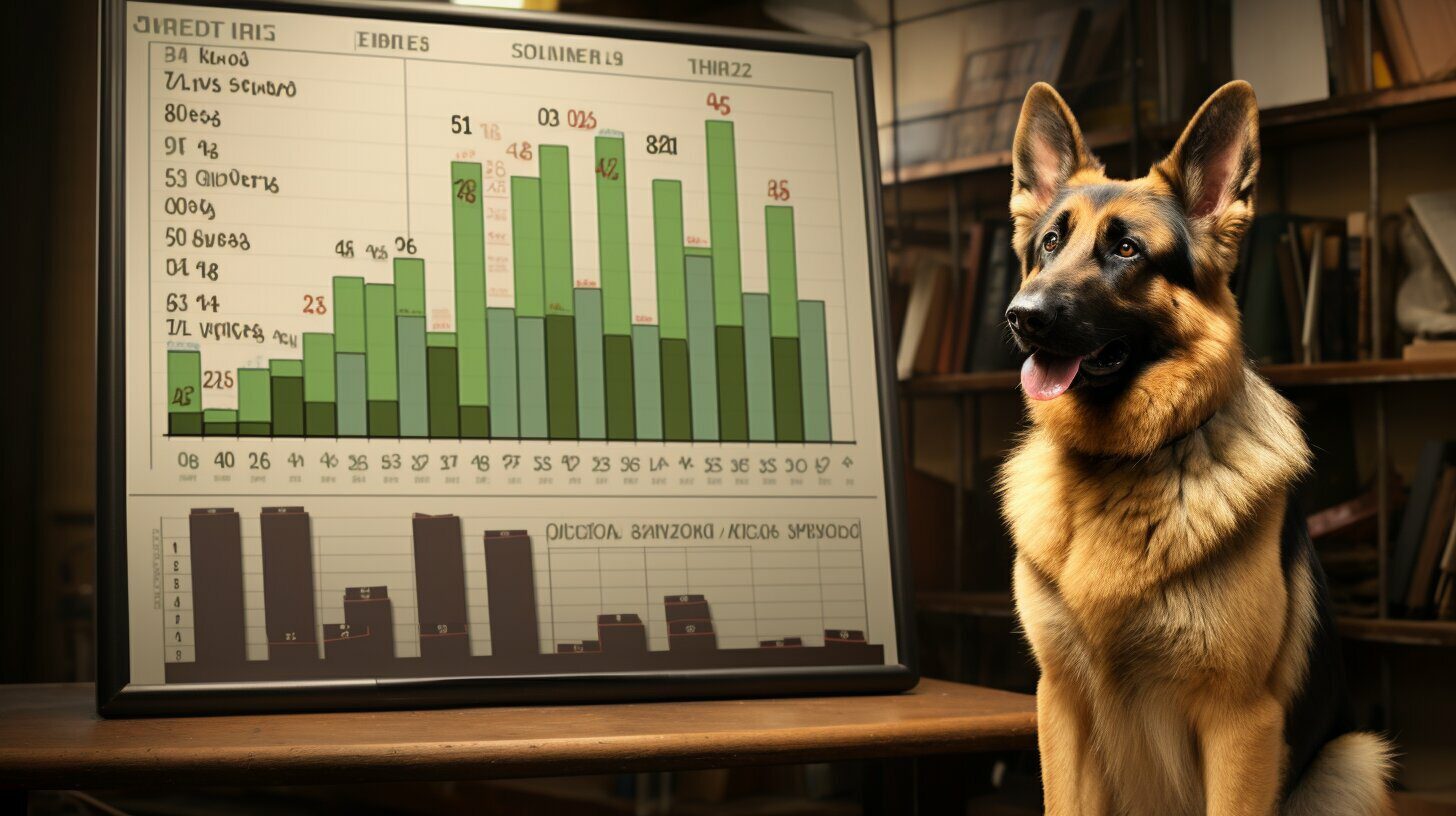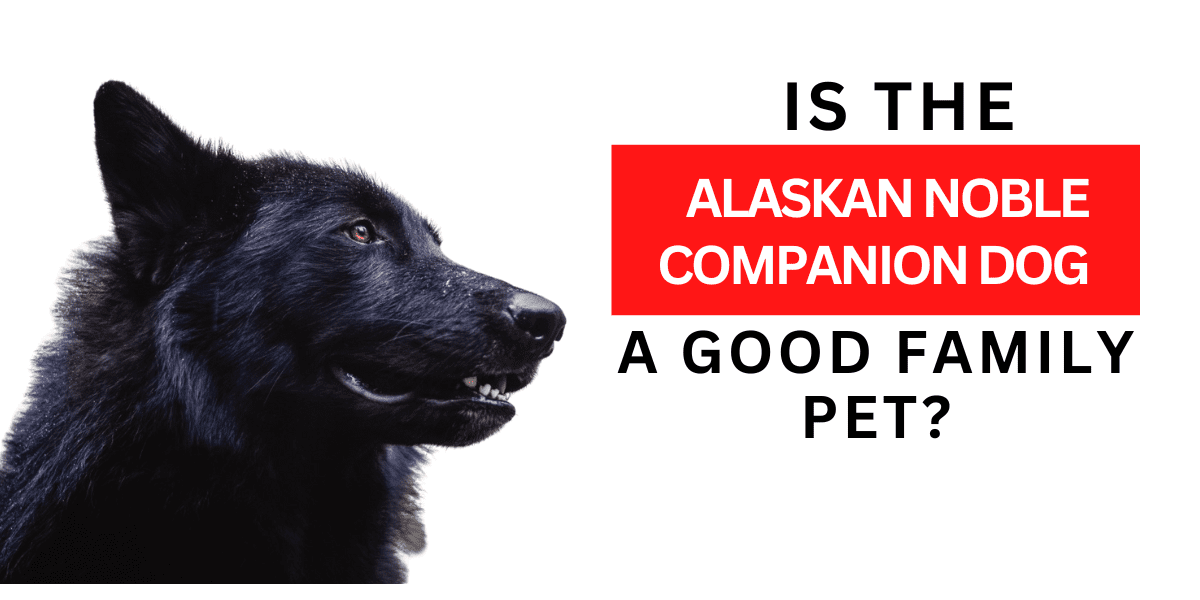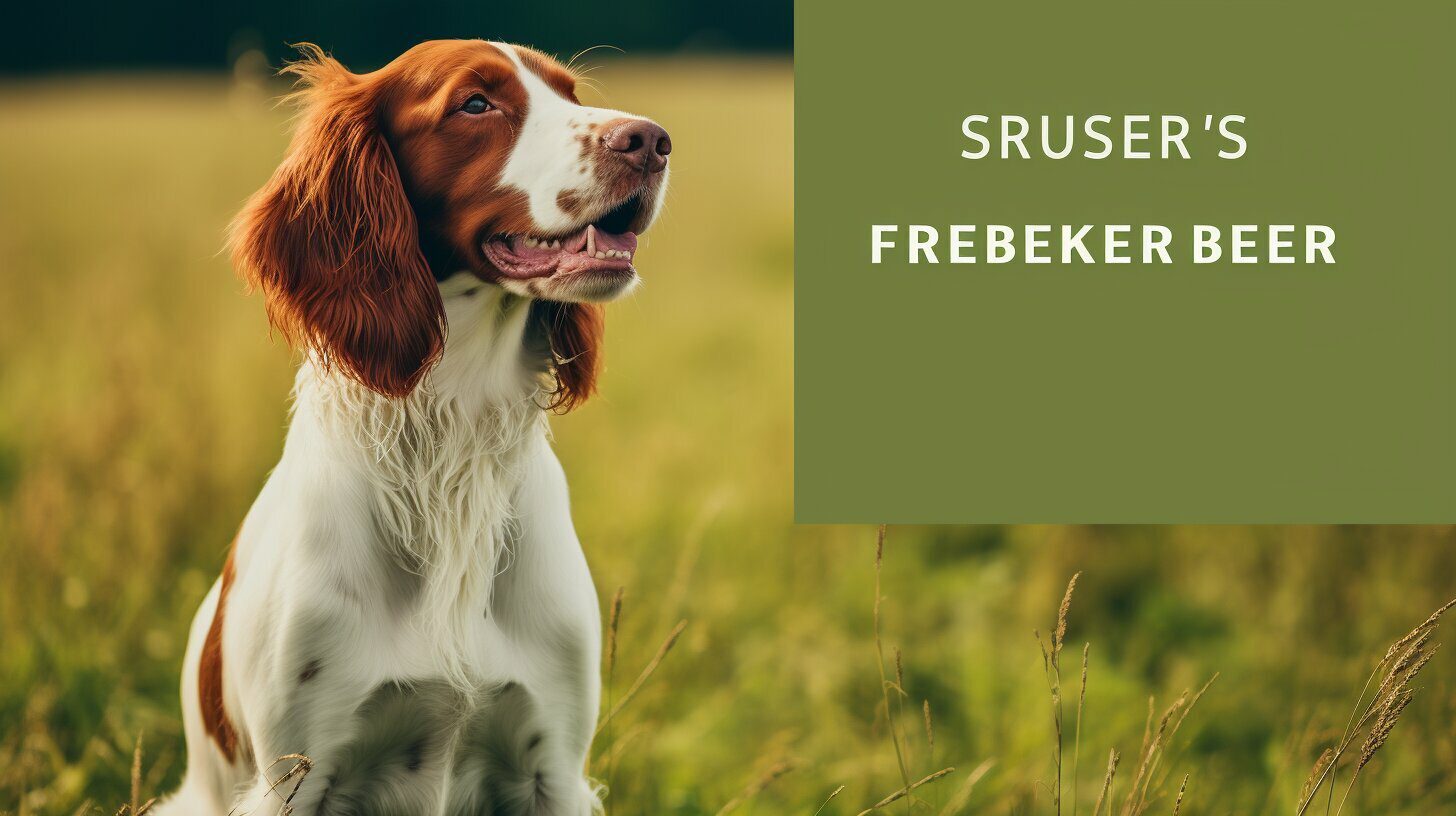Hi there! If you’re wondering about the intelligence of Irish Wolfhounds, you’ve come to the right place. As a dog enthusiast and experienced trainer, I’ve had the pleasure of working with many Irish Wolfhounds over the years. In this article, I’ll share my personal insights on their intelligence and give you a better understanding of this magnificent breed.
First off, let me introduce you to the Irish Wolfhound. These gentle giants are known for their remarkable combination of power, swiftness, and sight. Standing as the tallest dog breed, they can reach up to 32 inches at the shoulder and weigh up to 180 pounds. But don’t let their size intimidate you, because their temperament is anything but intimidating.
Irish Wolfhounds have earned a reputation as gentle giants, thanks to their calm and dignified nature. They make easygoing and reliable companions and are well-suited for living in suburban or country homes with plenty of room to stretch out. These lovable creatures thrive with companionship and require regular exercise to ensure their proper development.
Are Irish Wolfhounds Smart?
- Irish Wolfhounds are gentle giants known for their power, swiftness, and sight.
- They have a calm and dignified temperament.
- Irish Wolfhounds thrive in suburban or country homes with plenty of companionship and room to exercise.
- Proper socialization and early training are essential for their well-rounded development.
- While they may not be suitable for everyone due to their size and potential health problems, they can be a great fit for dedicated owners with the space and commitment to care for them.
Irish Wolfhound Size and Temperament
When it comes to size, Irish Wolfhounds hold the title for the tallest dog breed, standing at an impressive height of up to 32 inches at the shoulder. Alongside their towering presence, these majestic dogs can weigh up to 180 pounds. But don’t let their size intimidate you, as they possess a gentle and affectionate nature that truly makes them a gentle giant.
Irish Wolfhounds are known for their calm and patient temperament, which makes them a perfect fit for families with children and other animals. They are not typically aggressive or destructive, making them a joy to have around the house. However, it’s important to note that they do have a natural prey drive and may be inclined to chase small animals.
Their calm and dignified demeanor makes Irish Wolfhounds thrive in spacious suburban or country homes where they can enjoy plenty of space and companionship. Socialization from an early age is essential to ensure they grow up with an outgoing attitude towards new people and experiences.
Irish Wolfhound Size and Temperament Summary:
| Size | Temperament |
|---|---|
| Height: Up to 32 inches at the shoulder | Gentle and affectionate |
| Weight: Up to 180 pounds | Calm and patient |
| Good with children and other animals | Inclined to chase small animals |
| Well-suited for suburban or country homes | Requires early socialization |
Exercise and Training for Irish Wolfhounds
Regular exercise and proper training play vital roles in the well-being and development of Irish Wolfhounds. As a responsible owner, it’s crucial to provide them with the physical and mental stimulation they need to thrive.
To keep Irish Wolfhounds fit and healthy, a daily one-hour walk or trot on a leash is recommended. This exercise routine helps them maintain their overall fitness and prevents any excess weight gain. Additionally, twice-weekly gallops in a safe enclosed area allow them to stretch their legs and satisfy their natural instinct to run.
Proper training is equally important for Irish Wolfhounds. While they are generally intelligent dogs, they can be independent and slow to respond at times. However, with consistency, patience, and persistence, they can be taught to listen and follow commands.
When it comes to training Irish Wolfhounds, a gentle and patient approach is key. Obedience training should be based on positive rewards and gentle corrections, rather than harsh methods. These gentle giants respond well to patient obedience training, which helps them develop good manners and become well-behaved members of the family.
Socialization is also an essential aspect of their training. Early and consistent exposure to different people, animals, and environments can help Irish Wolfhounds become well-adjusted and friendly companions. It helps prevent any potential behavioral issues and ensures they are comfortable in various social situations.
Unique Traits of Irish Wolfhounds
Irish Wolfhounds have some distinctive traits that set them apart from other breeds. One notable characteristic is their amiable nature towards other animals, making them compatible and relatively easy to introduce into a multi-pet household. This affable demeanor allows for harmonious coexistence and can bring joy to both the Irish Wolfhound and their fellow furry companions.
However, it’s important to be mindful of their strong chasing instinct. Irish Wolfhounds have an innate drive to pursue and engage with anything that moves rapidly. This can manifest in behaviors such as chasing, tackling, and playfully pouncing on objects or creatures that catch their attention.
Additionally, Irish Wolfhounds can go through a gawky and potentially destructive phase that typically lasts up to three years. During this time, their large size and energy can lead to clumsiness and inadvertent damage. It’s crucial to provide patient guidance, consistent training, and appropriate outlets for their energy to ensure they develop into well-behaved and refined adults.
Irish Wolfhound Traits
| Trait | Description |
|---|---|
| Amiable with other animals | Irish Wolfhounds are generally friendly and adaptable when it comes to interacting with other animals, making them suitable for multi-pet households. |
| Gawky and potentially destructive | During their developmental phase, Irish Wolfhounds can exhibit clumsiness and may unintentionally cause damage due to their large size and exuberance. |
| Strong chasing instinct | Irish Wolfhounds have a natural inclination to pursue and engage with anything that moves rapidly, fueled by their hunting heritage. |
Understanding these unique traits of Irish Wolfhounds is essential for anyone considering welcoming them into their home. With proper training, socialization, and patience, these gentle giants can make loving and loyal companions for those who have the space and commitment to meet their needs.
Considerations for Irish Wolfhound Ownership
Owning an Irish Wolfhound requires careful consideration, as there are specific factors to keep in mind to ensure their health and well-being.
1. Health Problems
Irish Wolfhounds are prone to several health problems that owners should be aware of. These include:
- Bloat: It is crucial to monitor their diet, feed them smaller meals, and avoid vigorous exercise after eating.
- Joint and bone disorders: Regular vet check-ups, appropriate exercise, and a balanced diet can help prevent or manage these issues.
- Heart disease: Regular cardiac evaluations can help detect and manage any heart-related conditions.
- Cancer: Early detection through routine veterinary examinations can increase the chances of successful treatment.
2. Exercise Needs
While Irish Wolfhounds are not overly active dogs, they still require regular exercise to maintain their physical health and mental stimulation. A daily walk and some off-leash time in a secure area are recommended. An appropriate exercise routine helps prevent obesity, strengthens muscles, and promotes overall well-being.
3. Socialization
Proper socialization is essential for Irish Wolfhounds to ensure they get along peacefully with people, animals, and the world around them. Early and extensive exposure to various environments, situations, and individuals from different age groups will help prevent unwanted aggression or shyness. Regular positive socialization experiences lay the foundation for a well-rounded and friendly companion.
By considering these aspects and providing the necessary care, Irish Wolfhound owners can enjoy a rewarding and fulfilling bond with their gentle giants.
Common Health Problems in Irish Wolfhounds
| Health Problem | Description | Prevention |
|---|---|---|
| Bloat | A life-threatening condition where the stomach twists and becomes distended with gas. | Feed smaller meals, avoid vigorous exercise after eating, and monitor diet. |
| Joint and Bone Disorders | Includes conditions like hip dysplasia and osteochondritis dissecans (OCD). | Regular vet check-ups, appropriate exercise, and a balanced diet. |
| Heart Disease | Various heart conditions, including dilated cardiomyopathy. | Regular cardiac evaluations and heart-healthy lifestyle. |
| Cancer | The development of abnormal cells that can spread throughout the body. | Early detection through routine vet exams and proactive monitoring. |

Irish Wolfhounds and Obedience Training
When it comes to obedience training, Irish Wolfhounds may not be the first breed that comes to mind. However, there are a few factors that contribute to their limited presence in the obedience ring.
Firstly, their natural temperament may not align perfectly with traditional training methods. Irish Wolfhounds are known for their laid-back and casual nature, rather than being extremely focused or work-ethic oriented.
Furthermore, traditional training methods, which often rely on aversive consequences, may not be as effective with Irish Wolfhounds. These gentle giants respond better to positive reinforcement, where they are rewarded for desired behaviors, rather than punished for mistakes.
However, with the emergence of training techniques based on positive reinforcement, there has been a growing recognition of the potential for Irish Wolfhounds to excel in obedience competitions. These methods are better suited to the breed’s intelligence and cooperative nature.
By using positive reinforcement methods, such as treats, praises, and rewards, Irish Wolfhounds can be motivated to learn and follow commands. This allows them to showcase their intelligence and willingness to cooperate.
While Irish Wolfhounds may not be the most common breed in obedience competitions, their unique personality and training needs should be embraced. With patient and consistent training that aligns with their temperament, Irish Wolfhounds can still achieve impressive results and become well-behaved companions.
Irish Wolfhound Size and Comparison to Other Breeds
Irish Wolfhounds are well-known for their impressive size, making them the tallest dog breed. However, when it comes to weight, they are not necessarily the largest. Other breeds, such as the English Mastiff, Saint Bernard, and Great Dane, can surpass the Irish Wolfhound in terms of weight. It’s important to note that individual dogs within each breed can vary in size, so there may be some Irish Wolfhounds that are heavier than dogs of other breeds.
To provide a further perspective, let’s compare the size of the Irish Wolfhound to a wolf. Typically, wolves are larger and heavier than Irish Wolfhounds. Wolves have evolved to survive in the wild and require a larger body size for optimal hunting and survival. While the Irish Wolfhound shares some physical traits with a wolf, such as its lean build and long legs, there is still a noticeable difference in size and weight between the two.
Now, let’s take a closer look at the comparison between Irish Wolfhounds and Great Danes. While both breeds are known for their imposing stature, there is some variation within each breed. Irish Wolfhounds are generally taller and heavier than Great Danes, but it is essential to consider individual variations. A well-bred and properly raised Irish Wolfhound can be taller and more massive than some Great Danes, while others may fall within a similar size range.
While Irish Wolfhounds are celebrated for their towering height, they may not necessarily be the largest in terms of weight. When comparing them to other breeds, such as the English Mastiff, Saint Bernard, and Great Dane, there can be variations in size and weight. However, it’s important to remember that each dog is unique, and individual differences should be taken into account when considering size comparisons.

| Breed | Height (inches) | Weight (pounds) |
|---|---|---|
| Irish Wolfhound | Up to 32 | Up to 180 |
| English Mastiff | Up to 30 | Up to 230 |
| Saint Bernard | Up to 30 | Up to 260 |
| Great Dane | Up to 30 | Up to 200 |
Conclusion
Irish Wolfhounds are a remarkable breed with their own unique intelligence and traits. While they may not be the top performers in obedience competitions or excel at tasks like sitting and retrieving, they possess a charm and adaptability that sets them apart. Irish Wolfhounds thrive in a loving environment where they receive proper socialization, exercise, and positive reinforcement training.
It’s essential for potential owners to understand the specific needs and characteristics of Irish Wolfhounds before bringing them into their homes. With their gentle and affectionate nature, Irish Wolfhounds can be wonderful companions for those who are willing to provide the necessary care and attention. However, their large size, exuberance during their younger years, and potential health issues should be considered when making the decision to welcome an Irish Wolfhound into the family.
When it comes to intelligence, Irish Wolfhounds may not fit the traditional mold, but their intelligence shines through their ability to adapt to different situations and their intuitive understanding of their human companions. Whether they are galloping through an open field or lounging by the fireplace, Irish Wolfhounds bring a unique joy and presence to any household that appreciates their noble and gentle nature.






